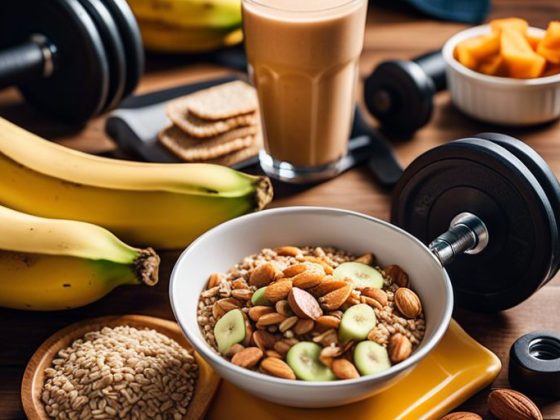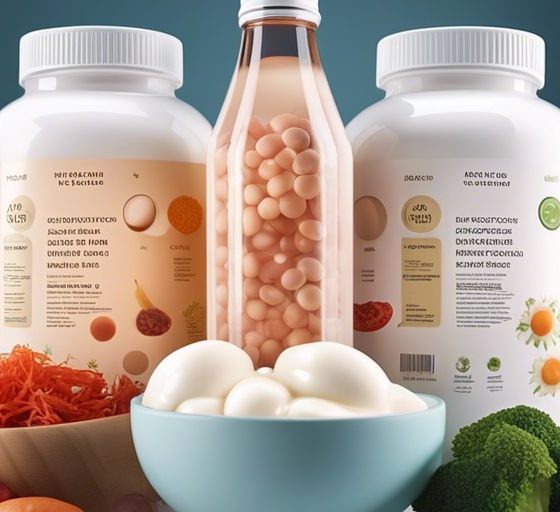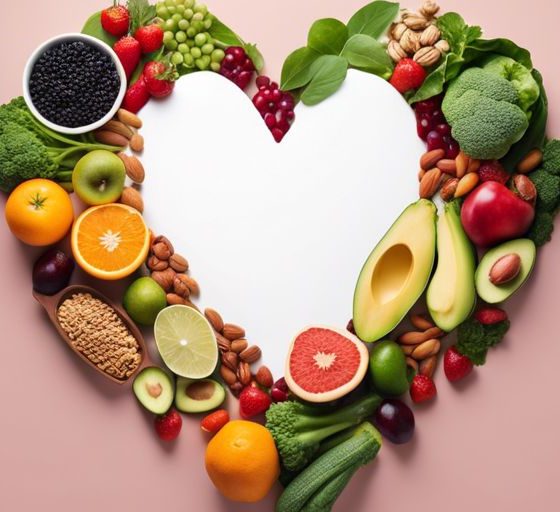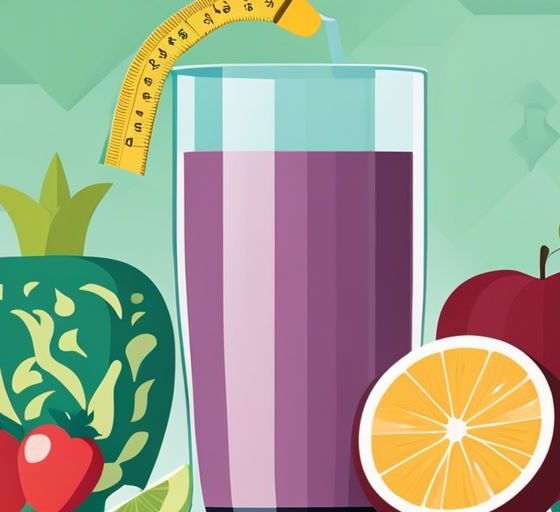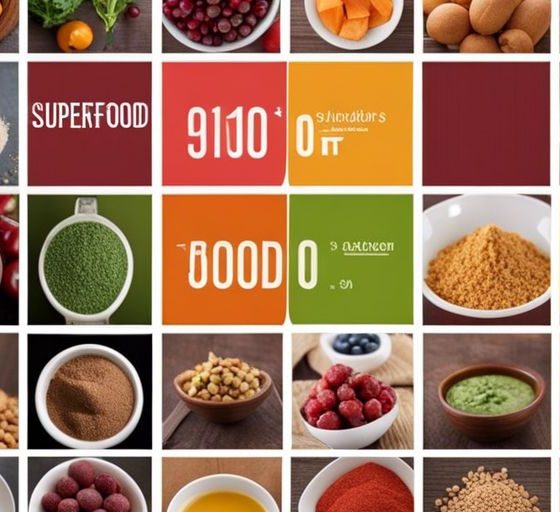Oftentimes, individuals with aspirations of developing lean muscle mass may believe that a plant-based diet could hinder their progress. However, recent research suggests that incorporating a variety of plant-based products into one’s diet can result in significant muscle gains. In fact, numerous athletes and bodybuilders have successfully achieved their muscle-building goals by following a plant-based diet. With the right combination of protein-rich plant foods, such as lentils, quinoa, tofu, and tempeh, along with a balanced intake of essential nutrients, it is entirely possible to build and maintain muscle mass on a plant-based diet. This blog post will delve into the science behind plant-based muscle building, discuss the best plant-based sources of protein for muscle growth, and provide tips for effectively incorporating plant-based foods into a muscle-building diet plan.
The Science of Muscle Building
The process of building muscle, also known as muscle hypertrophy, is a complex physiological phenomenon that involves a variety of factors including diet, exercise, and genetic predisposition. Understanding the science behind muscle building is essential for optimizing your nutrition and training regimen to achieve the best results.
Protein and Muscle Synthesis
For those looking to increase muscle mass, protein is a crucial component of the diet. When consumed, protein is broken down into amino acids, which are the building blocks of muscle tissue. The process of muscle protein synthesis is the key mechanism by which the body repairs and builds new muscle tissue in response to resistance training.
Plant vs. Animal Protein
Protein quality is often a point of debate in the fitness and nutrition community. Animal proteins, such as those found in meat, eggs, and dairy, have long been considered superior to plant proteins due to their complete amino acid profile and higher digestibility. However, recent research has shown that with strategic planning, a plant-based diet can provide all the essential amino acids necessary for muscle building.
It is important to note that while animal proteins are often touted for their high bioavailability and leucine content, plant-based proteins can still be effective for muscle building when consumed in adequate amounts and combined with a variety of plant protein sources to ensure a complete amino acid profile.

Nutritional Strategies on a Plant-Based Diet
Assuming you are following a plant-based diet and aiming to build muscle mass, it is crucial to pay attention to your nutritional strategies. While it may require some additional planning and consideration, a well-balanced plant-based diet can indeed support muscle growth and recovery.
Macronutrient Ratios
One important aspect of a plant-based diet for building muscle mass is to ensure the right balance of macronutrients. To support muscle growth, it is essential to consume adequate amounts of protein, which can be obtained from sources such as tofu, tempeh, lentils, chickpeas, and seitan. In addition to protein, carbohydrates and healthy fats are also crucial for providing the energy and nutrients needed for intense workouts and muscle recovery.
Important Micronutrients and Phytonutrients
Plant-based diets are rich in important micronutrients and phytonutrients that are beneficial for muscle growth and overall health. Plant-based sources of iron, calcium, vitamin D, and omega-3 fatty acids can contribute to muscle function, bone health, and inflammation reduction. Phytonutrients such as antioxidants and anti-inflammatory compounds found in fruits, vegetables, and whole grains can aid in muscle recovery and support overall well-being.
Plant-based nutritional strategies should focus on incorporating a variety of nutrient-dense foods to ensure adequate intake of essential micronutrients and phytonutrients. Including a mix of leafy greens, colorful fruits and vegetables, nuts and seeds, and whole grains in your diet can offer a wide range of beneficial nutrients to support muscle growth and overall performance.

Review of Current Research
Keep
, as the interest in plant-based diets continues to grow, so does the research surrounding their effectiveness for building muscle mass. A review of current studies and trials can provide valuable insight into the potential of plant-based diets for athletes and fitness enthusiasts.
Case Studies and Clinical Trials
Case studies and clinical trials have provided compelling evidence that plant-based diets can support muscle growth and development. Several studies have demonstrated that individuals following a plant-based diet can achieve significant gains in muscle mass while maintaining optimal levels of protein and nutrient intake. For example:
- Case study 1: 12-week plant-based diet intervention resulted in a 10% increase in lean muscle mass
- Case study 2: Clinical trial showed no significant difference in muscle gain between plant-based and omnivorous diet groups
- Case study 3: Longitudinal study found that plant-based athletes had comparable muscle mass to omnivorous athletes
Athlete Testimonials and Anecdotal Evidence
Studies have also highlighted the anecdotal evidence and athlete testimonials supporting the effectiveness of plant-based diets for muscle building. Many athletes and fitness enthusiasts have reported improved muscle recovery, performance, and overall body composition after adopting a plant-based diet. Their experiences provide valuable insights into the real-world application of plant-based nutrition for muscle development.
This additional layer of evidence from athlete testimonials and anecdotal reports further reinforces the potential of plant-based diets for building muscle mass. The firsthand experiences of athletes and fitness enthusiasts offer valuable perspectives on the practical benefits of plant-based nutrition for enhancing muscle growth and athletic performance.
Practical Guidelines and Considerations
For individuals looking to build muscle mass on a plant-based diet, there are several practical guidelines and considerations to keep in mind. From designing a muscle-building diet to incorporating supplements and superfoods, these factors play a key role in the effectiveness of a plant-based approach to muscle gain.
Designing a Plant-Based Muscle-Building Diet
The foundation of a plant-based muscle-building diet should include a variety of protein sources such as tofu, tempeh, seitan, legumes, and quinoa. It’s important to prioritize protein intake and spread it out evenly throughout the day to support muscle recovery and growth. Additionally, incorporating a balanced mix of carbohydrates and healthy fats from sources like whole grains, nuts, seeds, and avocados can provide the necessary energy and nutrients for intense workouts and muscle development.
Supplements and Superfoods for Enhancing Results
The use of supplements and superfoods can complement a plant-based muscle-building diet by filling in any nutritional gaps and enhancing overall performance. Incorporating protein powders derived from sources like pea, hemp, or rice can help meet daily protein requirements, especially for individuals with higher protein needs. Additionally, superfoods such as spirulina, chlorella, and maca can provide an extra boost of nutrients and antioxidants to support muscle recovery and immune function.
For instance, incorporating a high-quality protein powder can be beneficial for meeting daily protein needs, especially for those engaging in strength training. Additionally, superfoods like spirulina and chlorella can provide essential amino acids and antioxidants to support muscle recovery and overall health.

Summing up: Is a Plant-Based Diet Effective for Building Muscle Mass?
In conclusion, the evidence suggests that a plant-based diet can indeed be effective for building muscle mass. With the right combination of plant-based proteins, healthy fats, and sufficient caloric intake, individuals can achieve their muscle-building goals without the need for animal-derived products. It is important to carefully plan and monitor macronutrient intake to ensure adequate protein and nutrient levels are being consumed. Additionally, incorporating resistance training and adequate rest are essential components of any muscle-building regimen. While it may require some extra attention to dietary planning, a plant-based diet can be a viable option for those looking to build muscle mass.
FAQ
Q: What is a plant-based diet?
A: A plant-based diet is one that emphasizes whole, plant foods, such as fruits, vegetables, whole grains, nuts, seeds, and legumes, while minimizing or excluding animal products and processed foods.
Q: Is a plant-based diet effective for building muscle mass?
A: Yes, a plant-based diet can be effective for building muscle mass. It provides ample protein, essential amino acids, and other nutrients necessary for muscle growth and recovery.
Q: Can I get enough protein from a plant-based diet to build muscle?
A: Yes, you can get enough protein from a plant-based diet to build muscle. Plant foods like beans, lentils, tofu, tempeh, quinoa, and seitan are all excellent sources of protein.
Q: What are some key nutrients for muscle building on a plant-based diet?
A: Key nutrients for muscle building on a plant-based diet include protein, essential amino acids, iron, calcium, vitamin D, and omega-3 fatty acids. These nutrients can be found in a variety of plant foods.
Q: Are there any specific challenges to building muscle on a plant-based diet?
A: One potential challenge of building muscle on a plant-based diet is ensuring adequate calorie and protein intake. It may require more planning and attention to food choices to meet these needs.
Q: What are some plant-based foods that can help with muscle recovery?
A: Plant-based foods that can help with muscle recovery include leafy greens (for iron and vitamin C), berries (for antioxidants), nuts and seeds (for healthy fats and protein), and plant-based protein shakes or smoothies.
Q: Are there any successful athletes or bodybuilders who follow a plant-based diet?
A: Yes, there are numerous successful athletes and bodybuilders who follow a plant-based diet, including professional athletes like Venus Williams, Patrik Baboumian, and David Carter. Their achievements demonstrate that a plant-based diet can support muscle building and athletic performance.

